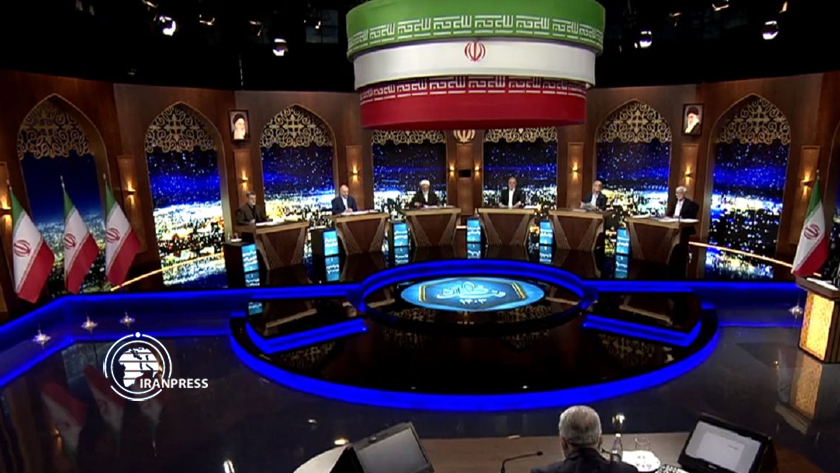Iran’s Subsidy Strategy: Calls for Equity and Efficiency Amid Economic Strain
Tehran, Iran Press – A chorus of prominent Iranian political figures has underscored the urgency of reforming the nation’s subsidy allocation strategy, emphasizing justice, public wealth preservation, and economic resilience. This discourse, enriched by historical exigencies and current economic pressures, highlights the necessity for a nuanced approach to subsidy distribution.
Mohammad Bagher Ghalibaf articulated the foundational misalignment in Iran’s subsidy policies, pointing out that the initial lack of purpose has allowed inequities to fester. “Justice and the preservation of public wealth must be central to our approach,” Ghalibaf stated. He reinforced the citizens’ right to a life of dignity beyond mere subsistence. Reflecting on past economic philosophies that emphasize distributive justice, Ghalibaf called for the future president to assure improved living standards for the aging workforce and to ensure that the laborer’s share in production remains uncompromised. He suggested a reorientation of subsidies towards producers, highlighting the importance of adjusting wages in line with inflation, either through cash injections or essential goods distribution.
Mostafa Pour Mohammadi commented on the past two decades’ policies, which, despite emphasizing justice and service provision, failed to alleviate the struggles of underprivileged demographics. Mohammadi noted that the subsidy’s lack of precision has been compounded by sanctions, drawing a parallel with historical embargoes that have similarly stifled economies. The FATF (Financial Action Task Force) issue, locking the country’s financial exchanges, has exacerbated these challenges. Mohammadi emphasized the need for a strategy pivot towards sanction-neutralization and restoring public trust—historical lessons on economic resilience serve as guiding principles for these reforms.
Alireza Zakani highlighted the misdistribution of household subsidies in essential utilities like gasoline, gas, and electricity. Drawing from historical social welfare paradigms that advocated for wealth equality, Zakani introduced the “Welfare” package, which includes the innovative “Golden Subsidy” plan. This scheme, reminiscent of agrarian utopias in early economic thought, proposes granting 20 grams of gold annually to each three-person household, encouraging saving and promising to eradicate absolute poverty.
Masoud Pezeshkian referenced stark socio-economic discrepancies illuminated by consumption statistics, particularly gasoline use across different income deciles. Echoing concerns from classic economic works on social stratification, Pezeshkian pointed out the adverse living conditions in marginal and border regions. He called for collective action and unity in addressing these inequities. Notably, over 50% of bank loans benefit Tehran residents disproportionately, reinforcing the observation that inflation burdens the lower deciles.
Saeed Jalili underscored the ethical mandate for equitable resource distribution, critiquing the disproportionate benefits received by affluent families with multiple cars. Historical parallels with tax justice movements resonate in Jalili’s call for rectifying tax evasion among high-income earners, who enjoy substantive subsidies.
Amir Hossein Ghazizadeh Hashemi evoked Islamic teachings that intertwine poverty with faithlessness, thus stressing the importance of addressing poverty’s roots. He reflected on the economic downturn of the 1990s, where negative growth and a 30% drop in purchasing power prevailed despite substantial monetary distribution. Historical lessons from previous centuries emphasize the need for serious reform; about 30% of Iran’s population earns below 12 million and needs robust support. Hashemi proposed two key interventions: returning people’s assets and reforming the mechanisms for targeted subsidies, whose value has drastically decreased from $45 to $11.
This discourse reveals a profound understanding of the intersection of economic policy with social justice, informed by a tapestry of historical insights. The urgency to recalibrate subsidy strategies resonates with time-tested principles of equity and sustainability.
For more information, visit Iran Press.
